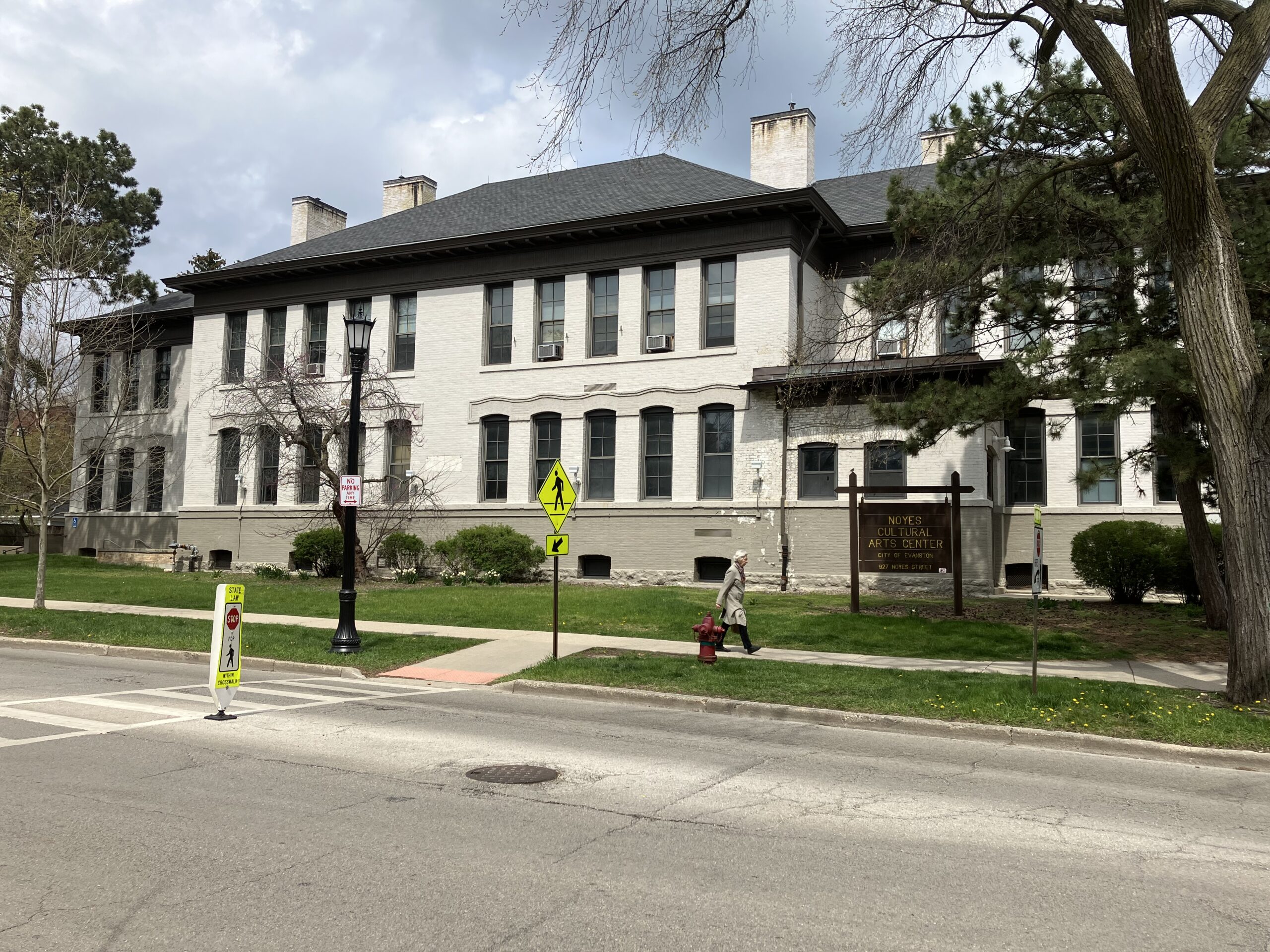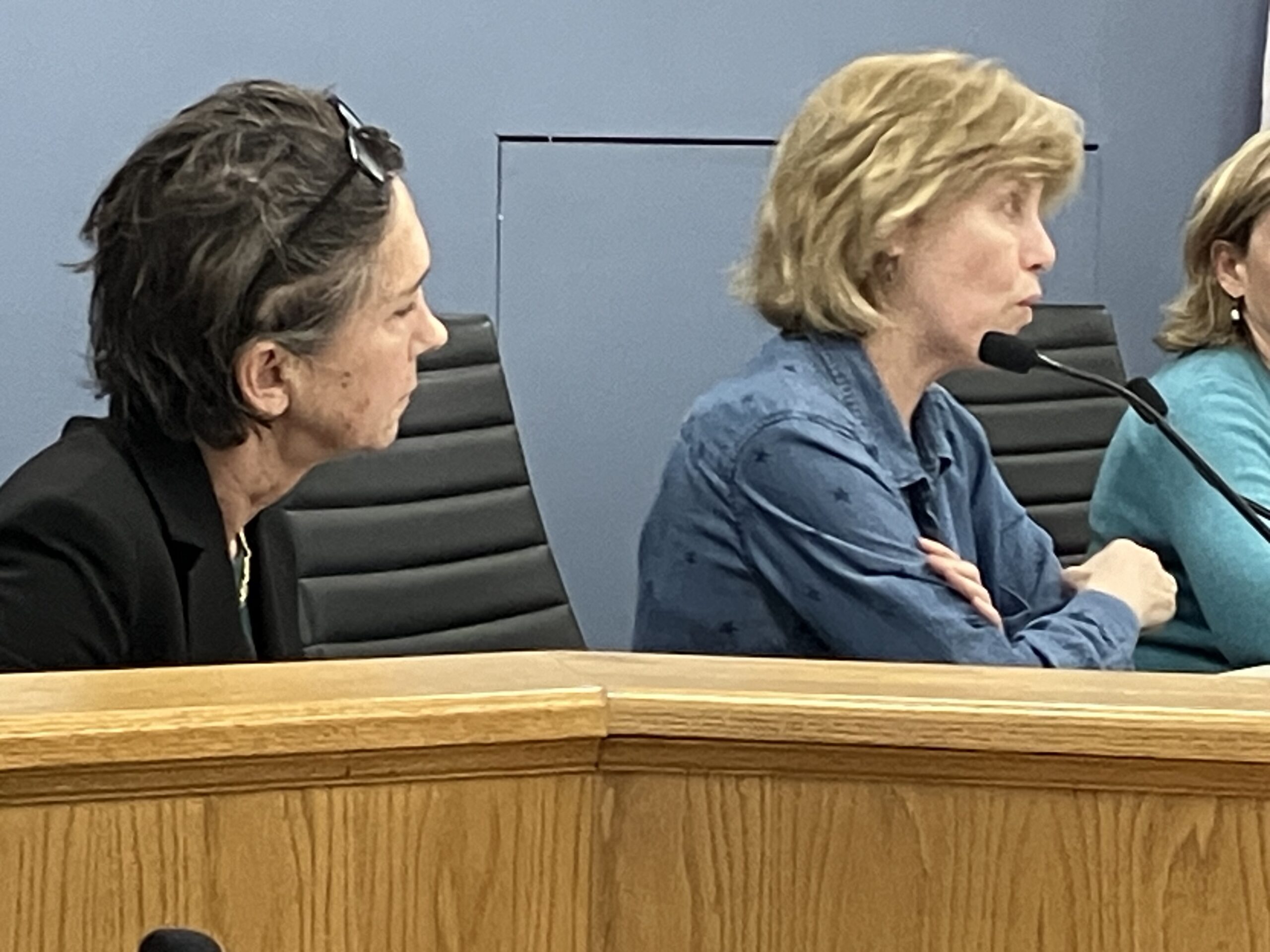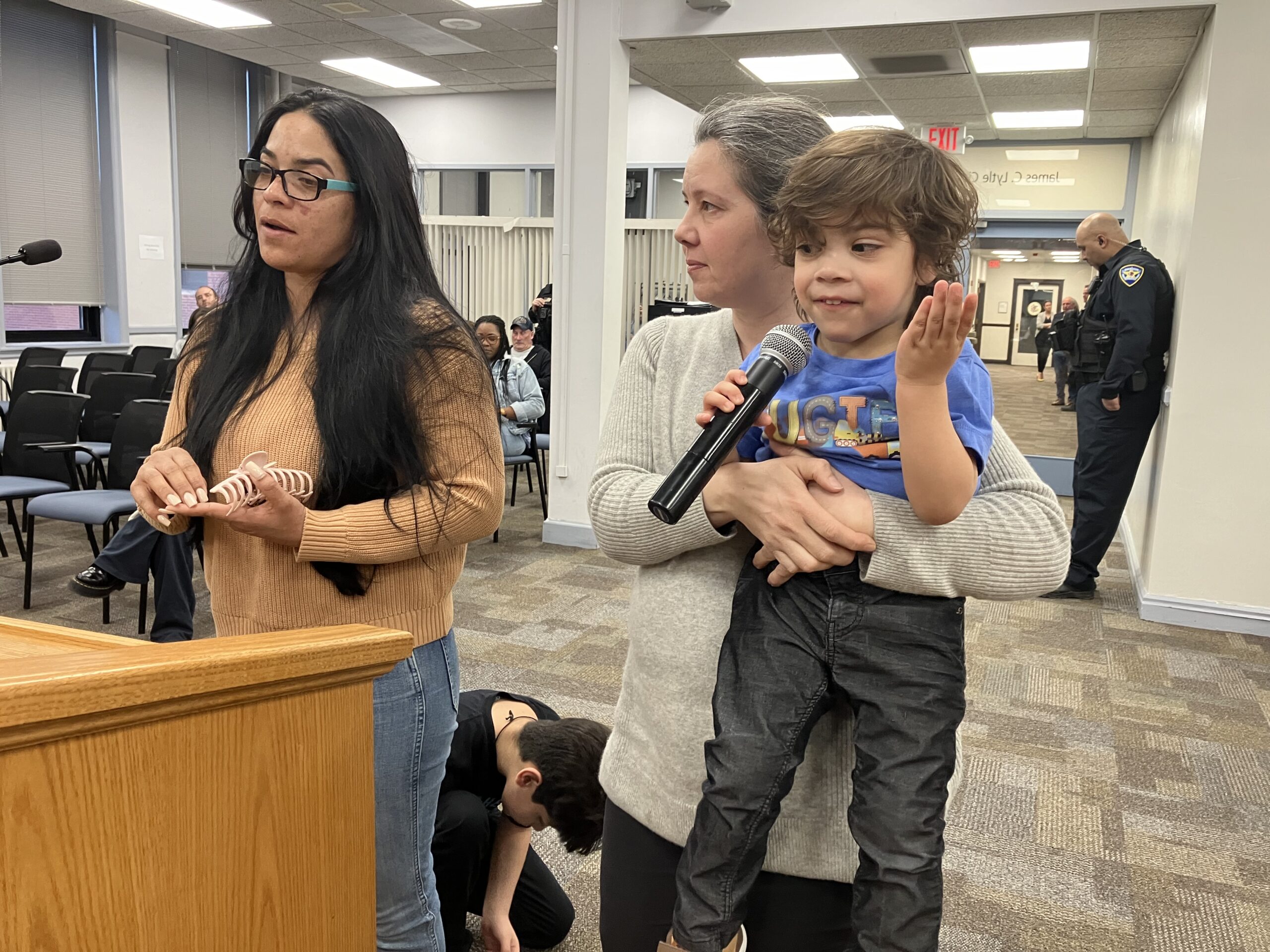By Bob Seidenberg
rseiden914@gmail.com
One of Evanston’s major grassroots activist groups has backed Baltimore administrator Daniel Ramos to become Evanston’s next City Manager.
Ramos is Deputy Chief of Staff/Deputy City Manager for the City of Baltimore.
In its endorsement, Jan. 18, the group, Community Alliance for Better Government (CABG), cited Ramos’s responses on the role institutional racism has played in municipal institutions and economic inequality as a key factor in their decision.

Ramos and Michael Jasso, Assistant City Manager for the City of Sacramento, are vying to become Evanston next top executive.
A citizens panel joined panel consisting of business and nonprofit stakeholders in an interview session with the candidates last week.
The two candidates had previously taken part in a virtual town meeting Jan. 9, presenting their credentials for the job.
With the interviews completed, Evanston City Council are expected to start weighing their choice this week.
A majority vote of the ten member Council (the mayor is included) will be required for the appointment.
Here is the statement issued by CABG today:
Community Alliance for Better Government met with Mayor Biss and with City Council members, participated in a focus group with the search firm, and attended the October Town Hall. Based on our research into the candidates’ backgrounds and the participation of several of our members in the panels with residents and stakeholders, CABG endorses Mr. Daniel Ramos of Baltimore as Evanston’s next City Manager.
Mr. Ramos best represents CABG’s values of transparency, responsiveness to the public and commitment to racial and social equity, combined with a strong background in city budgeting, finance and administration.
Our preference is based on several factors. First, Mr. Ramos is forthright about the role institutional racism has played in municipal institutions and economic inequality. In describing his efforts to reform Baltimore’s tax lien policy, which disparately harmed Black seniors, he pointed out that “no one had acknowledged that this program was designed to take wealth out of the Black community and transfer it to white areas.” It is shockingly refreshing to hear this level of candor from government officials.
Mr. Ramos has consistently directed and molded Baltimore city services to address human needs and to eliminate inequities. Yet his decision-making is data informed. Relying on data is key to equity: managers who rely on their “gut” often make hiring and policy decisions that accord with biases that favor the status quo. Mr. Ramos demonstrated an understanding of this dynamic when he required Baltimore department heads to analyze proposed budget and service cuts based on who would be harmed by each decision; in his acknowledgment that transit problems getting the most attention were those of white, middle-class commuters; and in his determination to direct more capital investment to Black neighborhoods.
Recognizing problems is a first step, but correcting them requires innovative solutions and a willingness to challenge the powers that be. Mr. Ramos has demonstrated an ability and commitment to finding equitable solutions. When he learned that the City’s practice of selling debt led to a disproportionate number of elderly Black people losing their homes, he led an effort to eliminate the practice. He focused on getting relief for the most desperate families, investigated the city’s authority to remove liens, and ultimately employed federal funds to buy back many of the properties. His creative management and tenacity saved 500 low income families from losing their homes.
In awarding grants, he avoided a “first come first serve” policy to emphasize equity in who was selected. He suggests mapping capital spending so the community can see which neighborhoods benefit most from the spending. He would like city staff to include an equity official reporting directly to the City Manager, with the same level of authority as other “cabinet members.”
Mr Ramos takes a thoughtful approach to increasing affordable housing, noting that an analysis of Baltimore’s tax credit system showed it was largely subsidizing luxury apartments and that developers were manipulating the system to provide only luxury market rate units instead of affordable ones. His plan for Evanston would include reviewing city zoning, tax rates and incentives to make sure they are geared towards affordable housing.
We were also impressed with Mr. Ramos’ approach to policing. By every available measure, Evanston policing—from pedestrian stops to vehicle searches—disproportionately impacts Black and Brown people. When asked how to improve public safety without relying on racially disparate policing, Ramos showed a thorough understanding of the issue and suggested innovative strategies. He discussed various Baltimore public safety programs that are not reliant on policing: diverting 911 calls to medical providers rather than police when appropriate, stabilization centers, where intoxicated people can safely recover; and an emphasis on cognitive therapy for youth and transition programming for young people aging out of foster care. Ramos sees community violence and crime as an urgent public health emergency, yet is aware of its connections to mental health and disinvestment in Black and Brown communities.
Mr. Ramos recognizes the key role government services play in economic development and the need to understand neighborhood dynamics to avoid unintended consequences. For example, he insisted that a cash disbursement program not be tied to factors such as school attendance or be limited to only grocery stores, understanding that, since many poor Black and Hsipanic neighborhoods don’t have groceries, such a policy would take spending out of the neighborhood.
This thoughtfulness demonstrates Mr Ramos’ sincere valuing of public input, also exemplified by his decision to involve residents in the budget earlier in the process, when it would really make a difference.
While we recognize the talents and experience of the other finalist, we do not feel his commitment to, and proven experience in, racial equity and economic justice is as thoroughly integrated into his policy priorities as it is for Mr. Ramos. We also feel that Mr. Ramos’ commitment to addressing racialized poverty will be useful in a community where such issues have often been overlooked or minimized by city leaders.
Mr. Ramos shares Evanston’s values and has the experience to match. He has implemented programs that would translate well to Evanston and help to create the equitable, just, and welcoming community to which we all aspire.
For all these reasons, CABG is proud to welcome Mr. Daniel Ramos as Evanston’s next City Manager.



